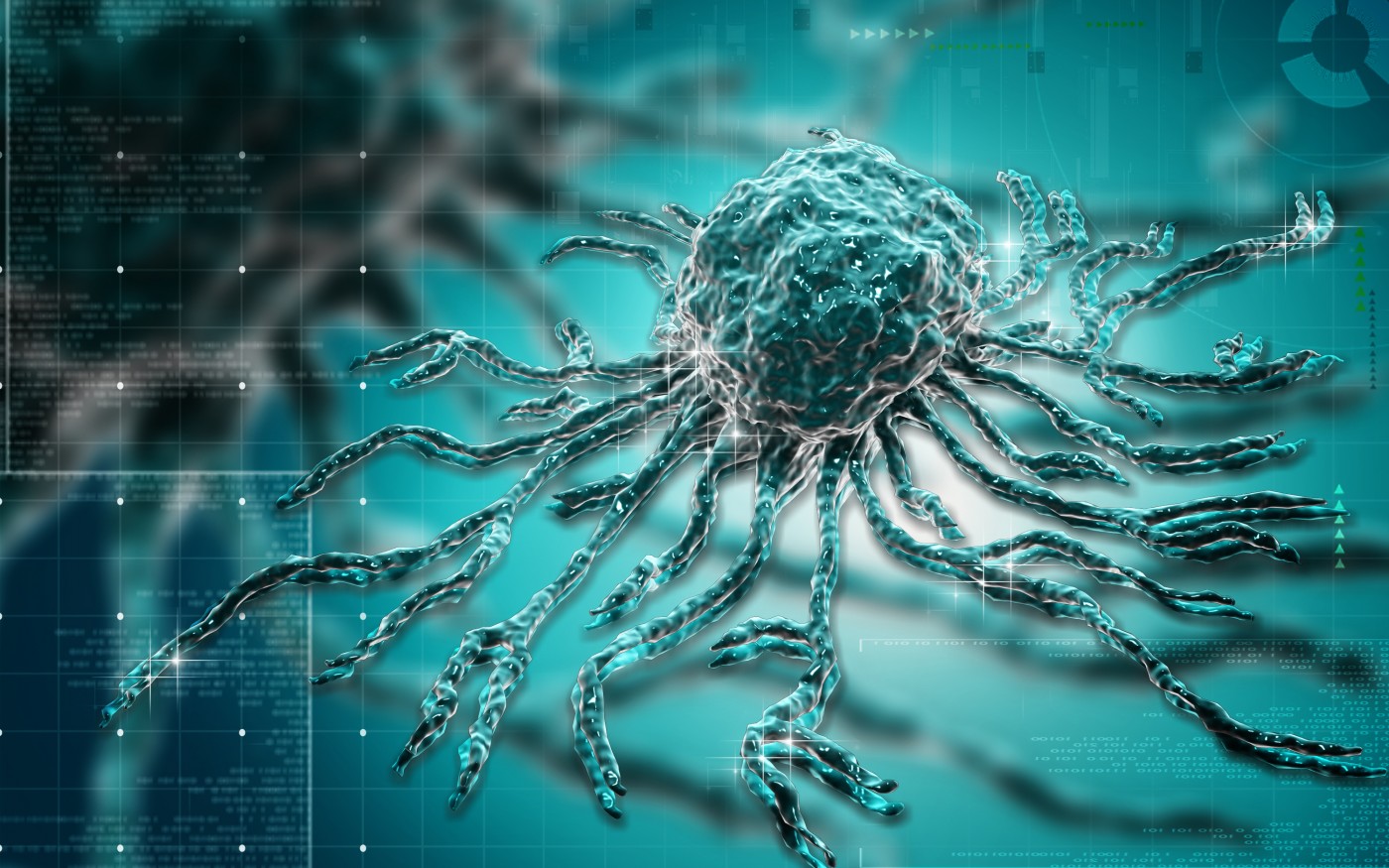Compounds produced by the immune system can help reduce inflammation and prevent damage to healthy tissues, a finding with important implications in the treatment of conditions like rheumatoid arthritis (RA) and sepsis. The study, “Neutrophil-derived alpha defensins control inflammation by inhibiting macrophage mRNA translation,” was published in the Proceedings of the National Academy of Sciences.
“This discovery opens the door to new approaches for the treatment and prevention of chronic inflammation. We are hopeful that with further research, these treatments could be exploited in the near future,” Dr. Mohini Gray, the study’s lead investigator, with the MRC Centre for Inflammation Research at the University of Edinburgh, said in a news release.
Compounds produced by the immune system, working as a first line of defense against infection, are called alpha defensins. They play an important role in innate immunity against bacteria, fungi, protozoa, and viruses. Alpha defensins are short, cysteine-rich, cationic peptides found in vertebrates, invertebrates and plants. Mammalian defensins are predominantly expressed in epithelial cells of the skin, respiratory airways, and gastrointestinal and genitourinary tracts, where they form physical barriers to external infectious agents, and also in leukocytes (mostly neutrophils), which kill microbes that have already penetrated the body.
While evidence has shown that alpha defensins act on cells of the immune system to prevent disproportionate inflammation, it remained unclear how the process works.
The study was conducted using human cells, and the scientists discovered that alpha defensins are released by neutrophils when they die. The alpha defensins are then taken up by another group of immune cells known as macrophages, preventing them from producing cytokines that trigger inflammation. The overall effect is to limit inflammation, confining damage to healthy tissues without compromising the body’s ability to clear infection.
Researchers believe these findings may contribute to the development of new therapies for chronic inflammatory disorders such as RA, preventing disease flares. “There are over 400,000 people living with rheumatoid arthritis in the UK, a painful and debilitating inflammatory condition which can severely impact on the way people live their lives affecting their ability to walk, sit or move,” said Stephen Simpson, director of Research and Programmes, Arthritis Research UK.
In rheumatoid arthritis, the immune system attacks the joints, causing pain and swelling. Sepsis is a life-threatening condition that arises when the body’s response to infection injures its own tissues and organs.


